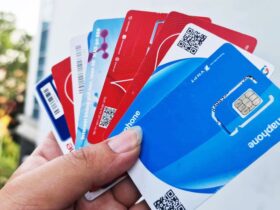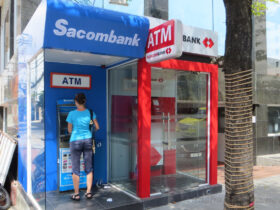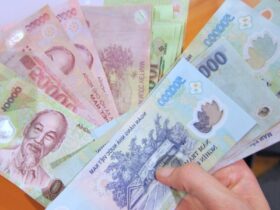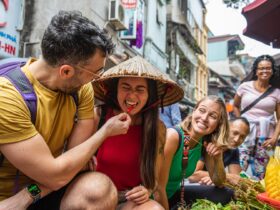When I first stepped off the plane in Hanoi, the symphony of scooter horns and the swirl of activity initially seemed overwhelming. Yet within days, I found myself comfortably navigating Vietnam’s vibrant streets—discovering that beyond the initial sensory overload lies one of Southeast Asia’s most rewarding and surprisingly safe travel destinations.
As an American traveler who’s spent multiple extended trips across Vietnam, I’m sharing this practical safety guide to help you confidently prepare for your Vietnamese adventure.
Vietnam’s Overall Safety Profile
Vietnam ranks among the safer countries for American tourists in Southeast Asia. Violent crime targeting foreigners is rare, and many travelers (myself included) report feeling more secure walking around Hanoi or Ho Chi Minh City than in many major US cities.
The country’s political stability contributes to this safety, with the Vietnamese government prioritizing tourist security as tourism continues to be a crucial economic sector.
That said, vigilance is still necessary. The primary safety concerns you’ll face aren’t violent crimes but rather petty theft, traffic hazards, and occasional scams in tourist areas.
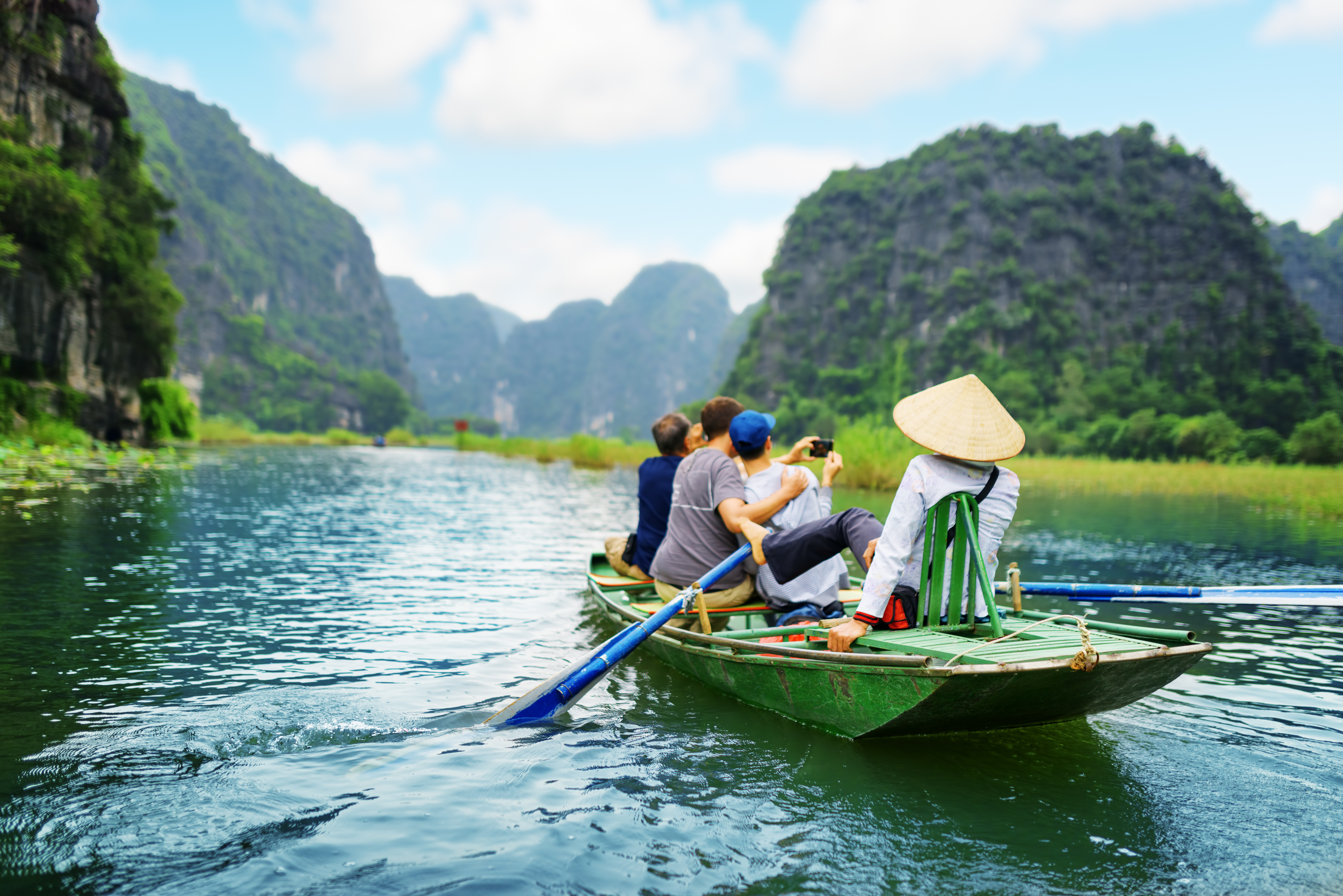
Street Safety & Petty Crime
During my three months in Vietnam last year, I encountered zero threatening situations, but I did witness several instances of opportunistic theft in crowded areas.
What to Watch For:
- Bag snatching: Thieves on motorbikes may grab bags from pedestrians. I always carry my bag on the side away from the street and keep a firm grip in crowded areas.
- Pickpocketing: Common in markets, tourist sites, and public transportation. My solution is a money belt under clothing for important items.
- Nighttime safety: Major cities are generally safe at night, but stick to well-lit, populated areas and use ride-sharing apps instead of walking alone late.
Practical Protection Tips:
- Keep your phone secure when using it on the street (motorbike snatchers target phones)
- Use crossbody bags with zippers rather than open totes
- Leave valuables in your hotel safe
- Carry minimal cash and a “dummy wallet” with a small amount of money
- Keep digital copies of all essential documents

Common Scams to Avoid
Most Vietnamese people are genuinely hospitable, but in tourist zones, you may encounter these common scams I’ve observed:
Transportation Scams
- Rigged taxi meters: Some unregistered taxis use tampered meters that dash. Stick with reputable companies like Mai Linh (green) or Vinasun (white), or better yet, use Grab (Southeast Asia’s Uber).
- Cyclo overcharging: Always negotiate and agree on prices before getting in a cyclo (bicycle rickshaw).
Shopping and Services
- The “money switch”: Some vendors may claim you gave them a smaller denomination or swap your bill for a counterfeit when paying hefty bills. Count change carefully and keep your original bill visible until you receive the change.
- Shoe repair scams: Someone may point out your “broken” shoe and offer to fix it, then demand excessive payment. Politely decline unsolicited services.
- The “friendship bracelet”: Someone places a bracelet on your wrist, claims it’s a gift, then demands payment. Refuse firmly.

Transportation Safety
Traffic represents the most significant actual danger in Vietnam. Roads in Vietnam operate on different principles than in the US, with seemingly chaotic but functioning patterns.
Road Safety Tips:
- Crossing streets: Move at a steady pace without stopping suddenly. Traffic will flow around you.
- Motorcycle taxis: Only use helmets that fully cover your head. I always check helmet quality before accepting a ride.
- Renting scooters: Only if you’re experienced, have proper insurance, and an International Driving Permit. Note that technically, foreign licenses aren’t fully recognized, which can affect insurance claims.
- Night driving: Avoid it completely—poor lighting and unpredictable traffic make night driving particularly hazardous.
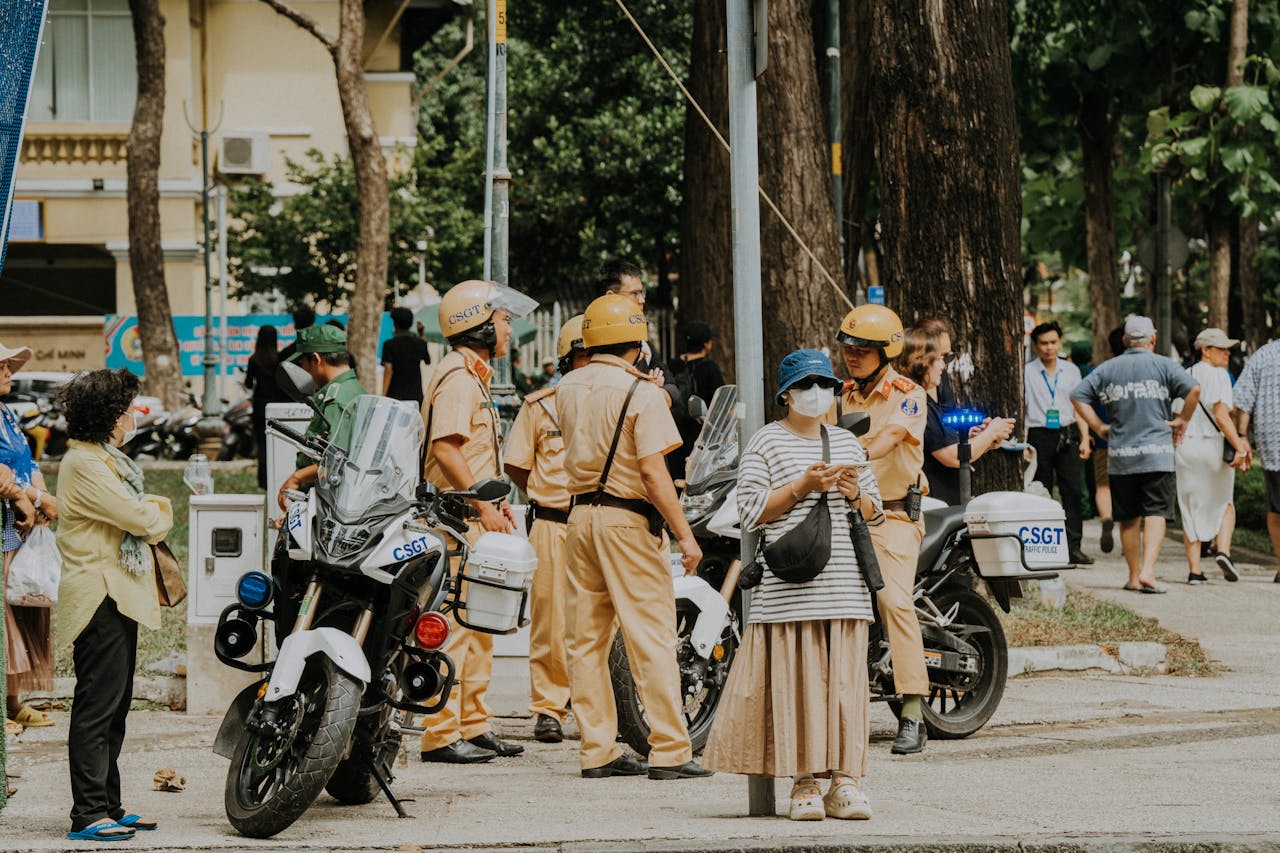
Health Safety Considerations
Food and Water
Vietnam’s street food is legendary but requires some precautions:
- Drink only bottled water (check seals are intact)
- Drinking tap water in Vietnam without treating it first is not recommended.
- Eat at busy stalls with high turnover
- Morning food is typically fresher than late-night options
- Look for places where locals eat
- Avoid raw vegetables if you have a sensitive stomach
Discover more: Your Ultimate Traveler’s Guide to Food Safety in Vietnam
Common Health Concerns
- Heat and humidity: Stay hydrated and plan indoor activities during peak heat (11 am-2 pm)
- Mosquito-borne illnesses: Use DEET repellent, especially at dawn/dusk
- Air pollution: In major cities, consider wearing masks on particularly hazy days
- Methanol poisoning: Stick to reputable bars and avoid extremely cheap liquor
Regional Safety Differences
Northern Vietnam (Hanoi, Sapa, Ha Long Bay)
It is generally very safe, with scams being the primary concern. The mountainous areas near the Chinese border require standard precautions but are well-traveled.
Central Vietnam (Hue, Da Nang, Hoi An)
Possibly the safest region for tourists with fewer scams and more relaxed atmosphere. Beaches are generally safe for swimming, though pay attention to warning flags.
Southern Vietnam (Ho Chi Minh City, Mekong Delta)
Slightly higher petty theft rates in Ho Chi Minh City require more vigilance with belongings. The Mekong Delta is relatively safe, but check weather conditions during the rainy season.
Solo Female Travel Safety
As a male traveler, I’ve observed and spoken with many solo female travelers in Vietnam who generally report positive experiences. Vietnam is considered one of the safer Southeast Asian countries for women traveling alone, though standard precautions apply:
- Dress modestly, especially in rural areas and religious sites
- Be firm with unwanted attention from vendors or motorcycle taxi drivers
- Use ride-sharing apps rather than hailing taxis at night
- Stay in well-reviewed accommodations with 24-hour reception
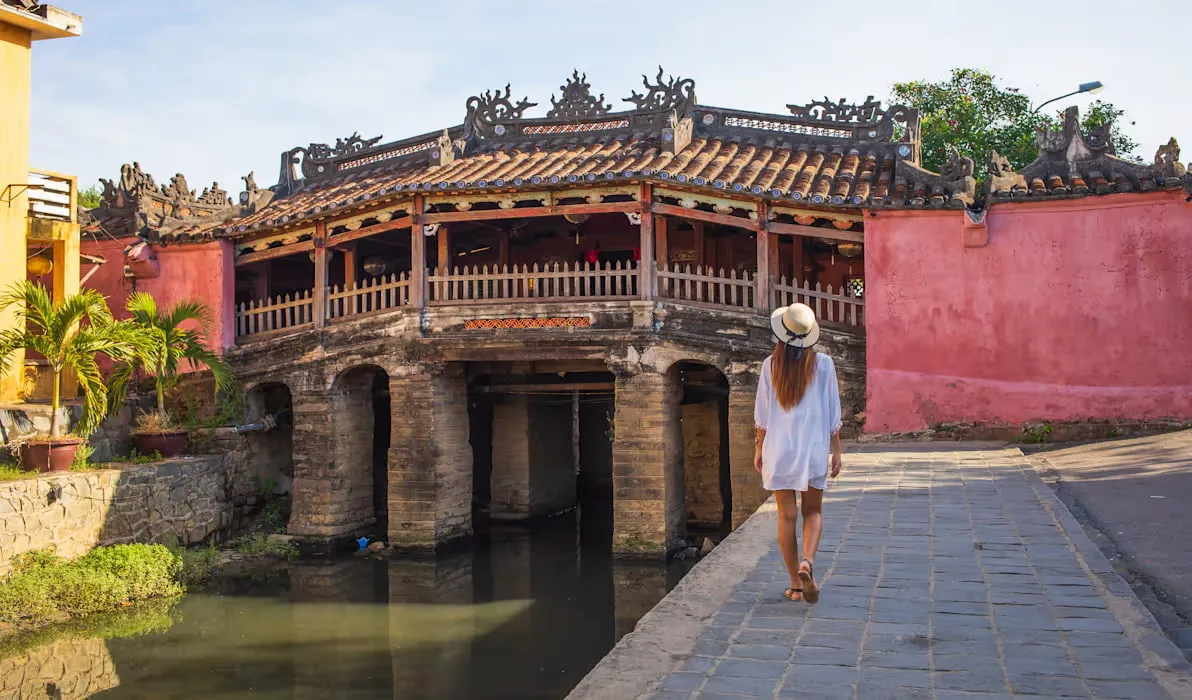
Practical Tips for American Travelers
- Currency awareness: The Vietnamese dong has many zeros (100,000 VND ≈ $4 USD), making it easy to confuse denominations
- Emergency contacts: Save the US Embassy (Hanoi: 024-3850-5000, HCMC: 028-3520-4200)
- Phone service: Purchase a local SIM card (Viettel or Mobifone offer good coverage)
- Travel insurance: Essential for medical emergencies and potential evacuation
- Language: Learn basic Vietnamese phrases—even simple efforts are appreciated
After spending months traveling throughout Vietnam, I can confidently say the country deserves its reputation as one of Southeast Asia’s safer destinations. The genuine warmth of Vietnamese people, its incredible natural beauty, and rich cultural experiences make it well worth navigating the minor hassles that might arise.
By staying alert to your surroundings, protecting your belongings in crowded areas, and approaching transportation appropriately, you’ll likely find Vietnam a remarkably safe and rewarding destination that exceeds your expectations.
What is the most dangerous thing about traveling to Vietnam? You might not want to leave.
